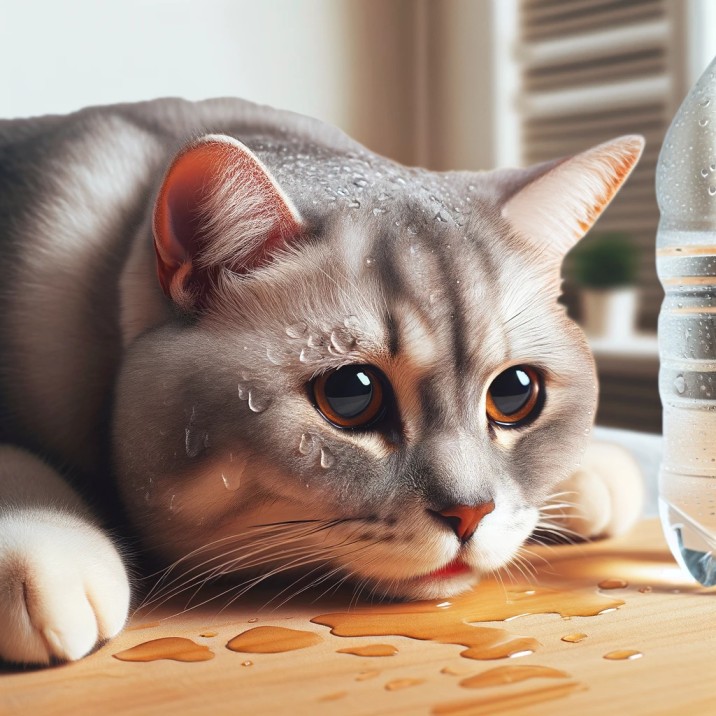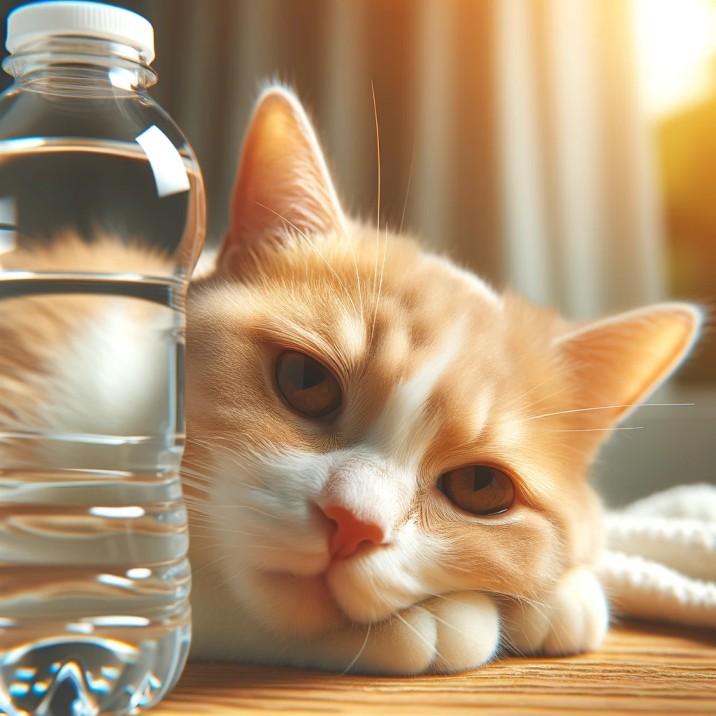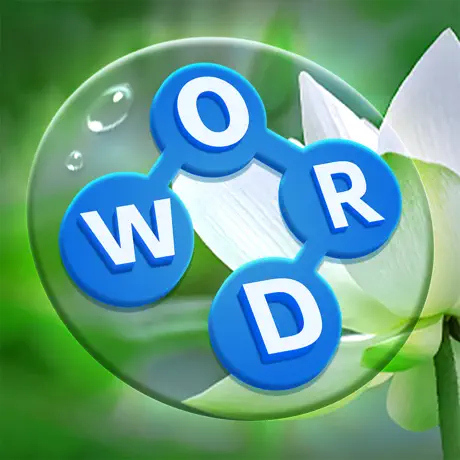Knowing if your cat is dehydrated is crucial for maintaining its health and well-being. Dehydration in cats can occur for various reasons and may lead to serious health complications if not addressed promptly. This article delves into understanding, identifying, and addressing dehydration in cats.
Understanding Dehydration in Cats
Dehydration occurs when a cat loses more bodily fluids than it takes in. This imbalance can disrupt the normal function of the body’s cells and organs. While mild cases might only cause discomfort, severe dehydration can lead to organ failure and even be life-threatening.
Causes of Dehydration in Cats
Several factors can lead to dehydration in cats:
- Insufficient Water Intake: Cats are notoriously poor drinkers and may not consume enough water.
- Hot Weather: High temperatures can increase water loss through panting and evaporation.
- Illnesses: Conditions like diarrhea, vomiting, fever, or diabetes can increase fluid loss.
- Diet: Cats on dry food diets may not get enough moisture compared to those on wet food diets.
Signs of Dehydration in Cats
Identifying dehydration in cats can be challenging, as they are adept at hiding discomfort. However, there are signs you can look out for:
- Lethargy: Dehydrated cats often exhibit low energy levels.
- Dry Mouth: The gums might feel tacky to the touch, and the saliva can be thick or sticky.
- Sunken Eyes: Dehydrated cats may have eyes that appear sunken or lack their usual brightness.
- Poor Skin Elasticity: When gently pulled, the skin of a well-hydrated cat will quickly return to place. In dehydrated cats, the skin may ‘tent’ and return slowly.
- Decreased Appetite or Weight Loss: Cats may eat less or lose weight.
- Increased Heart Rate and Panting: These are signs of advanced dehydration.

Diagnosing Dehydration in Cats
A veterinarian can diagnose dehydration through a physical examination and, in some cases, blood tests and urinalysis. The ‘skin tent’ test is commonly used, where the vet gently lifts the skin on the cat’s back or neck to see how quickly it returns to normal.
Treating Dehydration in Cats
Treatment depends on the severity of dehydration and its underlying cause:
- Mild Dehydration: Increasing water intake by providing fresh water or switching to wet food can help.
- Moderate to Severe Dehydration: Veterinary intervention is necessary. Cats may require subcutaneous (under the skin) or intravenous (IV) fluids to replenish fluid levels.
Preventing Dehydration in Cats
Prevention is key to managing dehydration:
- Ensure Access to Fresh Water: Keep fresh water available at all times. Some cats prefer running water and may benefit from a cat water fountain.
- Monitor Water Intake: Be aware of how much your cat drinks daily.
- Consider Diet Changes: Incorporating wet food can help increase fluid intake.
- Create a Cool Environment: During hot weather, provide a cool, shaded area for your cat.
- Regular Health Check-ups: Regular vet visits can catch early signs of conditions that might lead to dehydration.
Understanding Cats’ Water Needs
Cats are descendants of desert animals and have evolved to extract most of their water needs from their prey. This evolutionary trait means they don’t have a strong thirst drive, making them prone to dehydration, especially if they eat dry food.
Special Considerations for Kittens and Senior Cats
Kittens and older cats are particularly susceptible to dehydration. Their bodies are less efficient at regulating fluid balance, and they may have underlying health issues that can contribute to dehydration.
The Role of Diet in Preventing Dehydration
Diet plays a significant role in preventing dehydration. Wet food, which contains about 70-80% water, can significantly contribute to a cat’s total water intake. On the other hand, dry food contains only about 10% water.
Recognizing the Signs Early
Early recognition of dehydration signs can prevent serious complications. Regular observation of your cat’s behavior, appetite, and litter box habits can help in early detection.
The Importance of Veterinary Care
Regular veterinary check-ups are crucial in maintaining your cat’s health. A vet can guide proper hydration and identify any underlying health issues that may contribute to dehydration.
In conclusion, dehydration in cats is a serious concern that requires attention and understanding. By recognizing the signs, understanding the causes, and knowing how to prevent and treat dehydration, cat owners can ensure their feline companions stay healthy and hydrated. Regular veterinary care, combined with vigilant monitoring at home, is key to preventing dehydration and maintaining the overall well-being of your cat.

